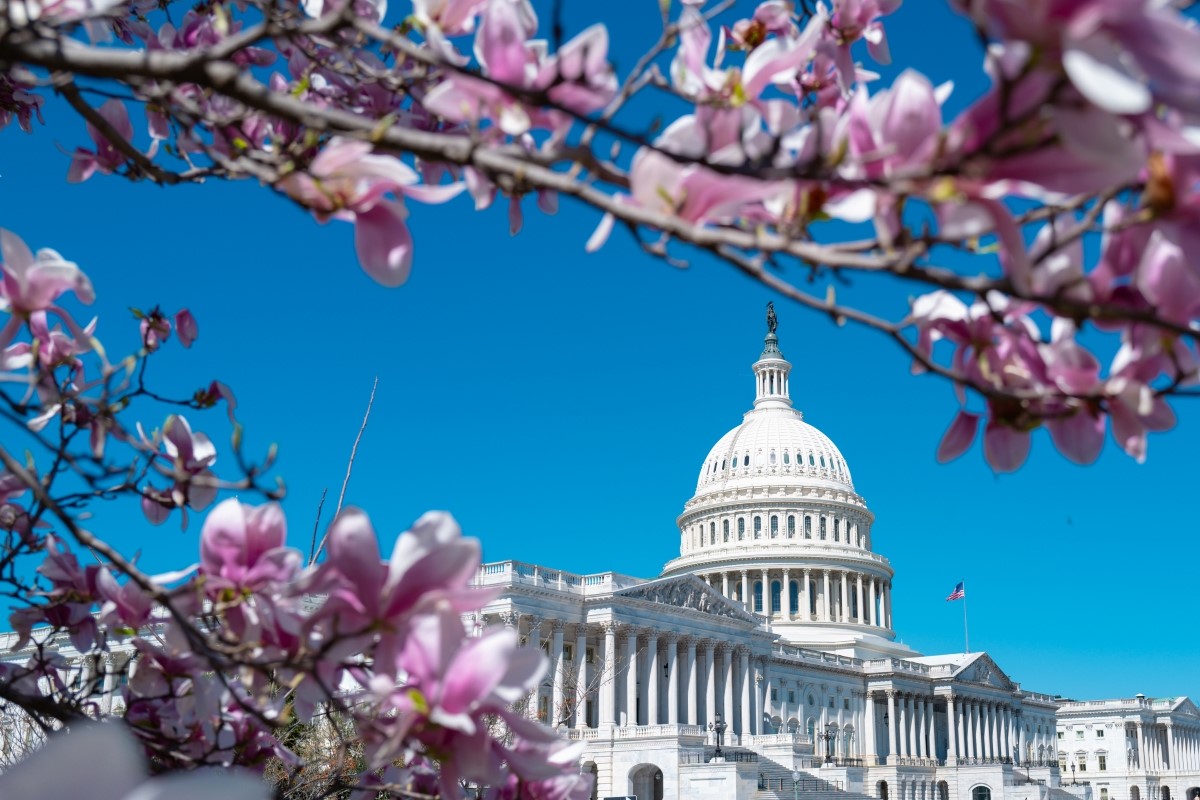By Peter Matz, Director, Food & Health Policy, FMI

Earlier in the month, the Federal Trade Commission (FTC) announced the launch of an inquiry into the prescription drug middlemen industry, requiring the largest pharmacy benefit managers (PBMs) to provide information and records regarding their business practices. The inquiry will scrutinize the impact of vertically integrated PBMs on the access and affordability of prescription drugs, aiming in part to examine several practices FMI’s government relations team has consistently raised with policymakers as unfair and anticompetitive.
So, what are PBMs exactly and why is this a big deal for FMI pharmacy members?
Although unknown to much of the American public, PBMs are powerful middlemen at the center of the U.S. prescription drug system. Among other practices, PBMs negotiate rebates and fees with drug manufacturers, create drug formularies and policies for health care plans and reimburse pharmacies for patients’ prescriptions. What’s troubling is that PBMs control around 80 percent of the market share for prescription drug access. The six largest PBMs have merged with the biggest health insurance companies and pharmacies they’ve acquired, giving them enormous influence over which medicines are prescribed to patients, which pharmacies patients can access, how much patients will pay at the pharmacy counter and the amount pharmacies are ultimately reimbursed. Yet, PBMs are one of the least regulated sectors of the health care system.
The biggest PBMs control so much of the prescription drug market that they are able to essentially force supermarket pharmacies of all sizes to accept take-it-or-leave-it contracts, with little to no ability to negotiate the terms. The supermarket pharmacy must either accept a PBM’s mandated contract terms or give up the ability to serve the many customers whose health plans contract with the PBM – including existing customers who have longstanding relationships with their pharmacists. On top of that, these contracts often include unfair fees and egregiously low reimbursement rates, effectively forcing pharmacies to provide drugs below cost. No wonder so many supermarket companies have stopped opening new pharmacies, or in some cases, left the pharmacy business altogether.
Which brings us back to the FTC study of the PBM industry and its business practices. Perhaps FTC Chair Lina Khan put it best in her statement following the Commission’s unanimous vote to launch the inquiry: “As drug prices have soared and…pharmacies have shuttered, scrutinizing the practices of PBMs is more critical than ever.” The 6(b) study is aimed at shedding light on several practices FMI has raised with state and federal policymakers in recent years, including:
- Fees and clawbacks charged to unaffiliated supermarket pharmacies;
- Methods to steer patients towards PBM-owned pharmacies;
- Potentially unfair audits of supermarket pharmacies;
- Complicated and opaque methods to determine pharmacy reimbursement; and
- The impact of rebates and fees from drug manufacturers to PBMs and whether they block patient access to lower cost drugs.
FMI has repeatedly engaged with the FTC on the issue of PMB practices – we have submitted written comment letters to and presented oral testimony before the Commission and have facilitated meetings between FTC staff and our supermarket pharmacy executives. We are hopeful the investigation will demonstrate the urgent need for increased enforcement, regulation and transparency of PBM practices, with the aim of addressing rising consumer drug costs and preserving customer access to supermarket pharmacies.


 Industry Topics address your specific area of expertise with resources, reports, events and more.
Industry Topics address your specific area of expertise with resources, reports, events and more.
 Our Research covers consumer behavior and retail operation benchmarks so you can make informed business decisions.
Our Research covers consumer behavior and retail operation benchmarks so you can make informed business decisions.
 Events and Education including online and in-person help you advance your food retail career.
Events and Education including online and in-person help you advance your food retail career.
 Food Safety training, resources and guidance that help you create a company food safety culture.
Food Safety training, resources and guidance that help you create a company food safety culture.
 Government Affairs work — federal and state — on the latest food industry policy, regulatory and legislative issues.
Government Affairs work — federal and state — on the latest food industry policy, regulatory and legislative issues.
 Get Involved. From industry awards to newsletters and committees, these resources help you take advantage of your membership.
Get Involved. From industry awards to newsletters and committees, these resources help you take advantage of your membership.
 Best practices, guidance documents, infographics, signage and more for the food industry on the COVID-19 pandemic.
Best practices, guidance documents, infographics, signage and more for the food industry on the COVID-19 pandemic.
